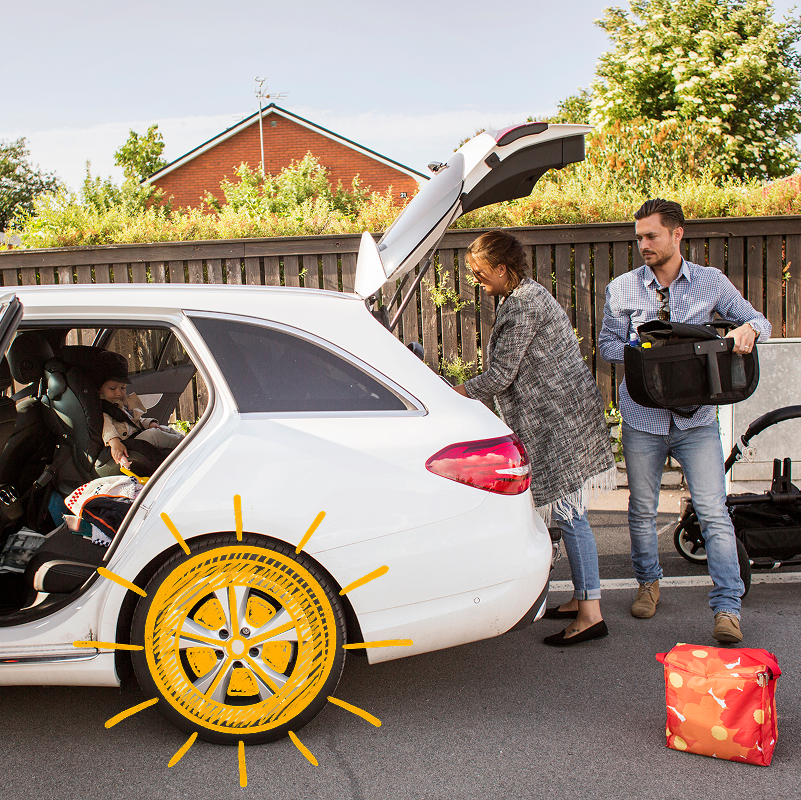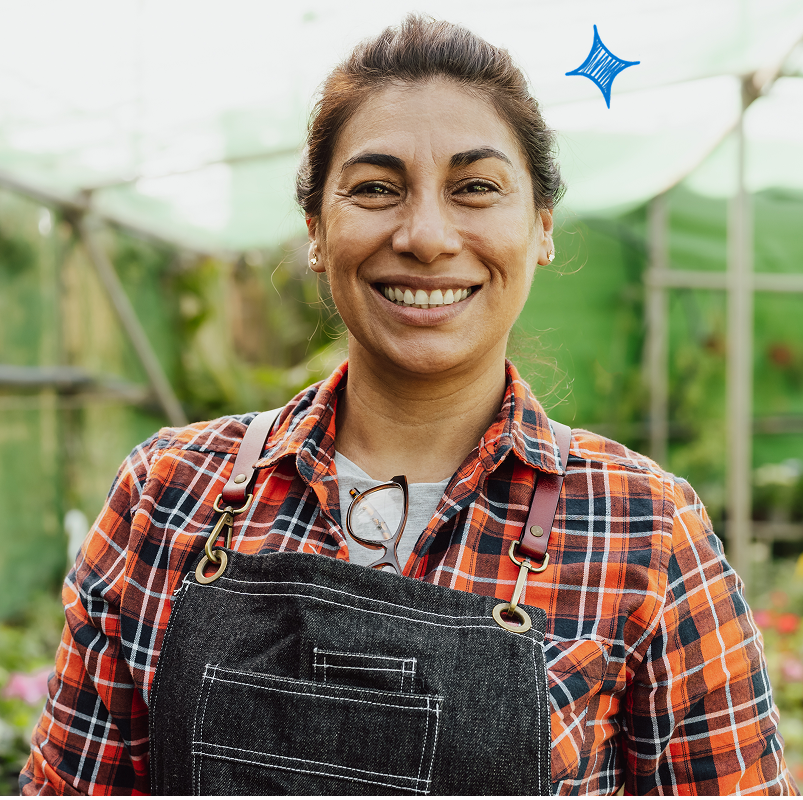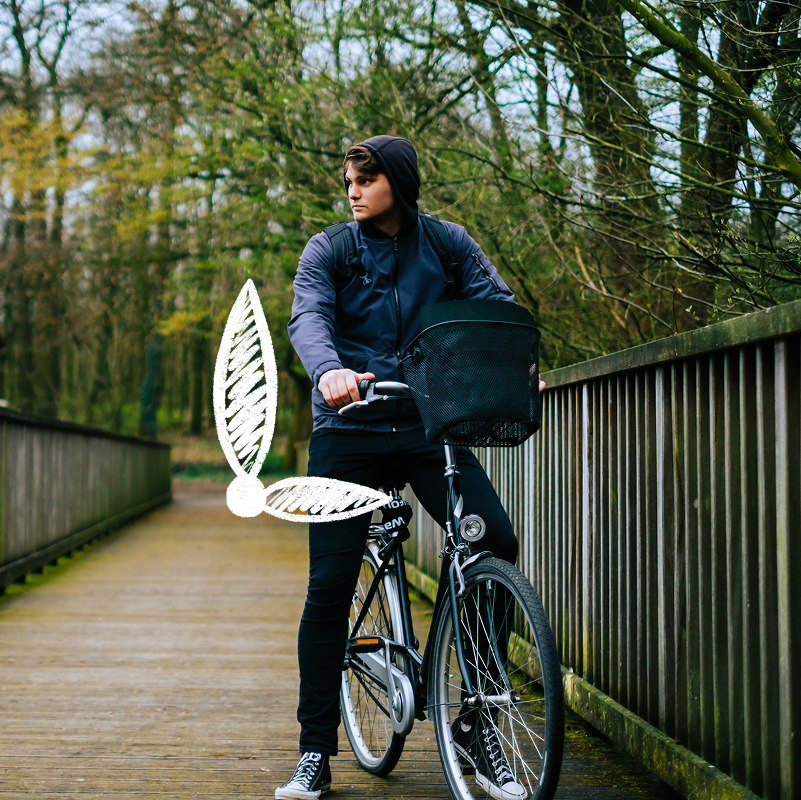Fair rates, no hidden fees
What you see is what you get. No surprises.

What you see is what you get. No surprises.
Pay more when you can. No penalties. Full control.
Approved? You can generally get your funds within minutes*.
Need support? Talk to a real person, 6 days a week.

Complete our quick and easy online application. It only takes a few minutes to check your eligibility.
You’ll receive a fast, straightforward decision from our online system—no confusing jargon or long wait times.
After our quick manual check and if approved, money can hit your bank account within minutes*.
Whether it’s bills, repairs, or treating yourself to something special, Credit24’s flexible loan options can support you through different situations - wherever you are in life.














You're not alone. Here's what others often ask and how we help.

What are Credit24's opening hours?
How do I contact Customer Care?
How do I apply for a loan at Credit24?
What are the fees and charges for a Credit24 loan?
How long does it take for a loan application to be processed at Credit24?
Is Credit24 legit ?
Our affiliations help ensure your data stays secure and your financial needs are met-without the stress



Monday to Friday: 8am - 8pm (AEST)
Saturday: 9am to 5pm (AEST)
Sunday: Closed
Email: media@credit24.com.au